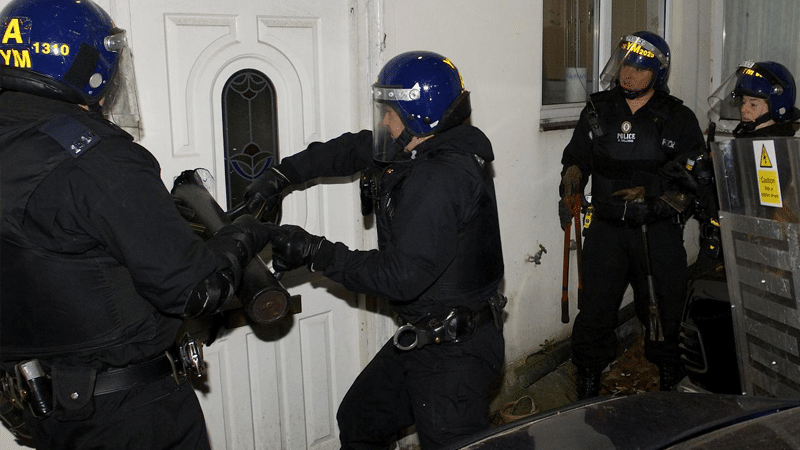Illegal drugs – a blight on all our lives

The Mayor of London sees no problem in letting people get away with carrying a little bit of cannabis for their own use. In fact, last month he told the Government it should consider decriminalising possession of ‘small quantities’.
But Janie Hamilton disagrees. She is in no doubt that cannabis contributed to the death of her son. James was a bright boy with excellent grades before he became hooked on the Class B drug as a teenager. Cannabis-induced schizophrenia would gradually take hold of his life, and would ultimately lead to his death.
Drugs like cannabis — illegal because they’re dangerous — ruin lives and tear families apart. It is only the ideologically motivated that believe them to be harmless, because hard data says otherwise. Just consider the tragic number of drug-related deaths that hit the headlines. Beyond these shocking figures: half of all murders in England and Wales are connected to the drugs trade; the number of babies starting out life addicted to alcohol and drugs keeps climbing in Scotland; and the drug known as monkey dust is said to be fuelling sexual abuse. It is not only those who take illegal drugs that are impacted by their pernicious effects. The devastation ripples out to a much wider group.
Writing in the Scotsman recently, retired senior police officer and former drugs charity boss Tom Wood catalogued further ‘layers of harm’ caused by drugs: gangland turf wars, drug connected theft and violence, mental health crises, the removal of children into care from the homes of addicts.
Wood warns: “Don’t be deceived, buying illegal drugs fuels death and disaster far beyond any official statistic.”
Failure
The mantra of Khan and his ideological allies is ‘decriminalisation’. Let addicts possess illegal drugs and let addicts take illegal drugs without fear of prosecution, and somehow all will be well.
However, six months in, Scotland’s first ‘prosecution-free drug zone’ hasn’t yielded much to shout about. In fact, local residents around the SNP-sanctioned ‘shooting gallery’ in Glasgow report more drug-related problems, not fewer. Early statistics show that The Thistle is only managing to refer one in seven users to support services such as treatment programmes, benefit and housing schemes. Despite such meagre offerings, Holyrood’s Health Secretary Neil Gray is in favour of rolling out the scheme to other areas.
Success
A recent report by The Centre for Social Justice called for a halt to the slide towards decriminalisation. Instead, it argued, the way to tackle the drug addiction crisis we face is investment in prevention, treatment and recovery.
Earlier this year, a multi-agency initiative to tackle organised crime in the Welsh seaside town of Rhyl showed real evidence of success.
North Wales Police reported that targeting drug gangs in a deprived area of the town has hit supply. Addicts are now struggling to get hold of drugs and asking for help to kick the habit.
From April 2024 to January 2025, police conducted 35 raids, made 180 arrests and saw crime fall by 14 per cent in Rhyl West.
And looking overseas, the Canadian province of Alberta has witnessed a dramatic fall in deaths by overdose after shunning the nation’s liberal drug policy experiment.
The Christian Institute has long argued that decriminalising drugs only creates an atmosphere of acceptability, encourages more people to experiment with them, and inflicts more harm, not less, on individuals and our communities. Politicians should commit to upholding our existing laws on illegal drugs, rather than set about dismantling them.
